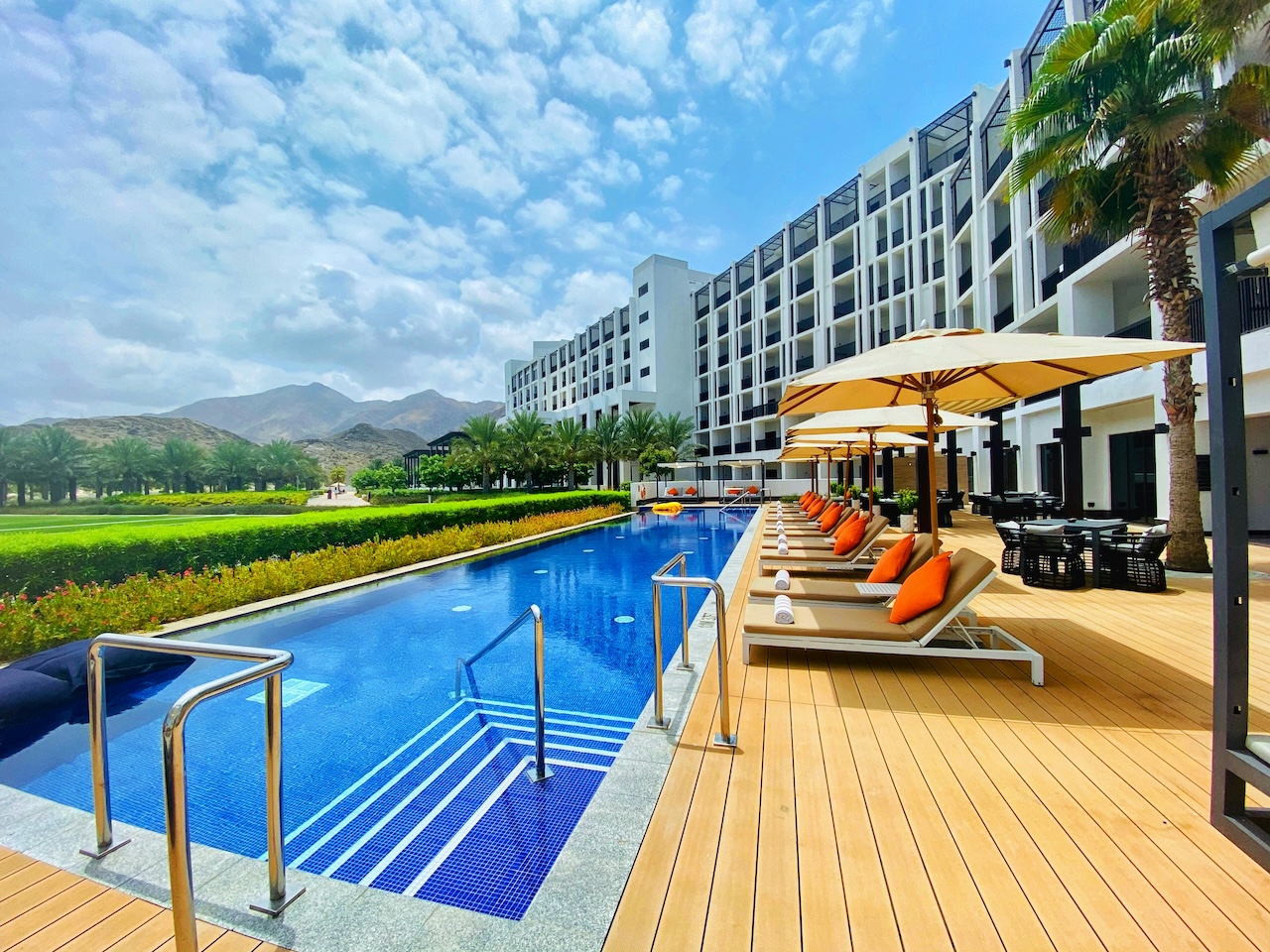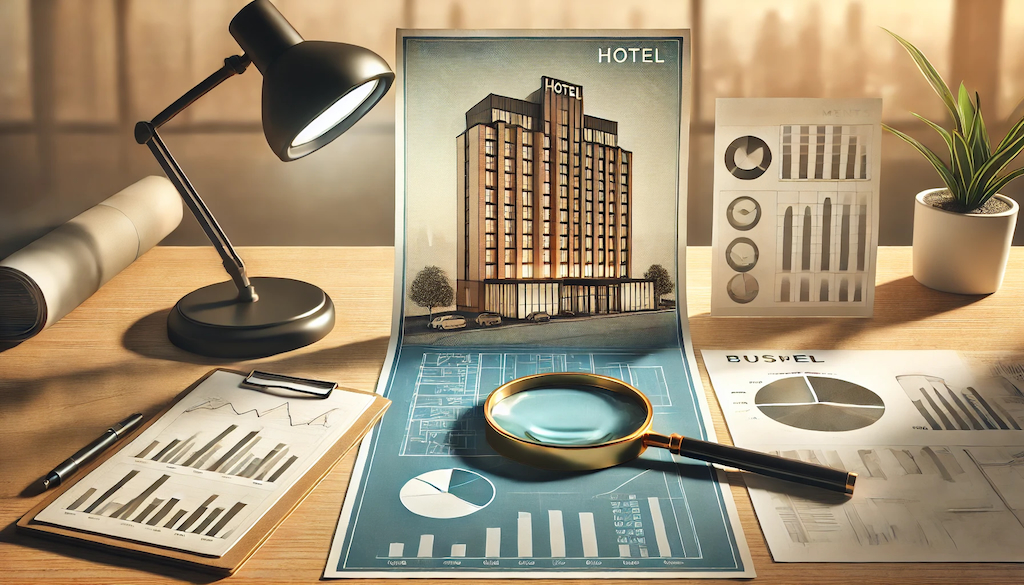

The preparation and the launching of a hotel is a major milestone in the journey, but the real work begins once you open your doors to the public. Smooth operations and a dedicated, well-trained staff are the engines that power overall guest satisfaction, brand loyalty, sustainability, and long-term profitability. Without the right team, workflows, and systems in place, even the most beautifully designed hotel and amenities can quickly lose its competitive edge.
In this chapter of our Ultimate Guide to Opening a Hotel, we break down everything you need to know about operations and staffing, from recruitment and training to vendor partnerships and sustainable practices.
Your staff is the face of your brand. From front desk agents who welcome guests to housekeeping teams who maintain spotless rooms, every employee shapes the guest experience. That’s why hiring strategically and training thoroughly are essential steps in building a successful hospitality business.
Front Desk & Reception: Manages check-ins, check-outs, and guest inquiries.
Housekeeping: Keeps rooms and public areas spotless and welcoming.
Food & Beverage (F&B): Includes à la carte dining, buffets, bar service, room service, minibar restocking, and event catering.
Maintenance & Engineering: Handles repairs, routine inspections, and equipment upkeep.
Security: Ensures guest and property safety around the clock.
Management & Administration: Oversees daily operations, staffing, budgets, and guest satisfaction strategies.
The number of staff you hire will depend on the size, service level, and amenities of your property.
For example: a 150-room mid-range hotel may require 50 - 80 employees across departments.
Training doesn't stop at recruitment and onboarding, it is continuous. Operations are frequently updated, so fine-tuning the internal processes, and being on top of the details here is crucial.
Create a robust training plan that covers the following points:
Core skills: Reservation systems, cleaning protocols, POS systems, etc.
Service excellence: Communication, problem-solving, and upselling techniques.
Safety & compliance: Health codes, emergency procedures, and legal requirements.
Also, consider ongoing workshops and certification opportunities to keep your team motivated and aligned with your brand values during their tenure.
In hospitality, consistency is everything. Standard Operating Procedures (SOPs) ensure that every guest receives the same high-quality service no matter who’s on shift or what responsibilities they have at the establishment. SOPs should be clear with step-by-step, actionable guides for daily tasks and interactions.
Housekeeping: Cleaning checklists, inventory control, and quality inspections.
Front Desk: Reservation handling, guest check-in/out, and complaint resolution.
Guest Services: Concierge protocols, transportation coordination, and VIP handling.
Maintenance: Inspection schedules, emergency response workflows, and vendor coordination.
By clearly documenting these processes, you reduce errors, accelerate training, and ensure seamless guest experiences.
Hotels rely on a complex network of suppliers and partners to function efficiently. Strong relationships with reliable vendors ensure consistent quality, cost control, and uninterrupted service.
IT & Technology Support: PMS, Wi-Fi, POS systems, and guest entertainment, including trusted hospitality tech brands, such as: Samsung, LG, GE, Amana, Peerless and more.
Note: If you are looking for a partner with Hospitality TV, HVAC and Appliance needs, feel free to reach out to us. We are happy to help assist with any inquiries you have and guide you in this part of the process.
Food & Beverage Suppliers: From fresh produce to specialty drinks.
Linen & Laundry Services: Clean bedding, towels, uniforms, and guest robes.
Maintenance Providers: Plumbing, HVAC, electrical, and building systems.
Cleaning & Amenities Suppliers: Eco-friendly cleaning products and guest toiletries.
When negotiating contracts, include service-level agreements (SLAs), emergency support terms, and performance reviews to protect your operations from disruptions.
Sustainability is no longer a niche selling point for hotels, it’s an expectation. Guests increasingly prefer eco-conscious hotels, and sustainable operations often lead to significant cost savings over time.
Install smart thermostats and occupancy-based lighting systems.
Upgrade to energy-efficient PTAC units and kitchen equipment.
Explore renewable energy sources like solar panels.
Implement water-saving fixtures and linen reuse programs.
Compost organic waste and partner with local recycling services.
Reduce single-use plastics with refillable dispensers and biodegradable alternatives.
Work with local suppliers and choose eco-certified products. These efforts not only reduce your carbon footprint, but also boost your brand’s reputation as a responsible business.
Your hotel’s success doesn’t just come from its architecture, décor, or location, it comes from the people who run it and the systems that support them. A strong team, clear operating procedures, dependable vendor relationships, and sustainable practices are what transform a good hotel into a great one.
Invest time in your operations and staffing strategies now, and you’ll create a foundation that supports exceptional guest experiences and drives long-term profitability for your hotel.
Feel free check out our full range of hospitality technology products, or contact our hospitality technology products team directly. We’re happy to address your inquiries and point you in the right direction.

Here are nine key points you should consider before opening a hotel. We’ll go into each point more in depth in separate articles linked here.

Explore key elements of market research and feasibility studies for opening a hotel: define your target audience, location and more.
Fill out the form below to request more information.

